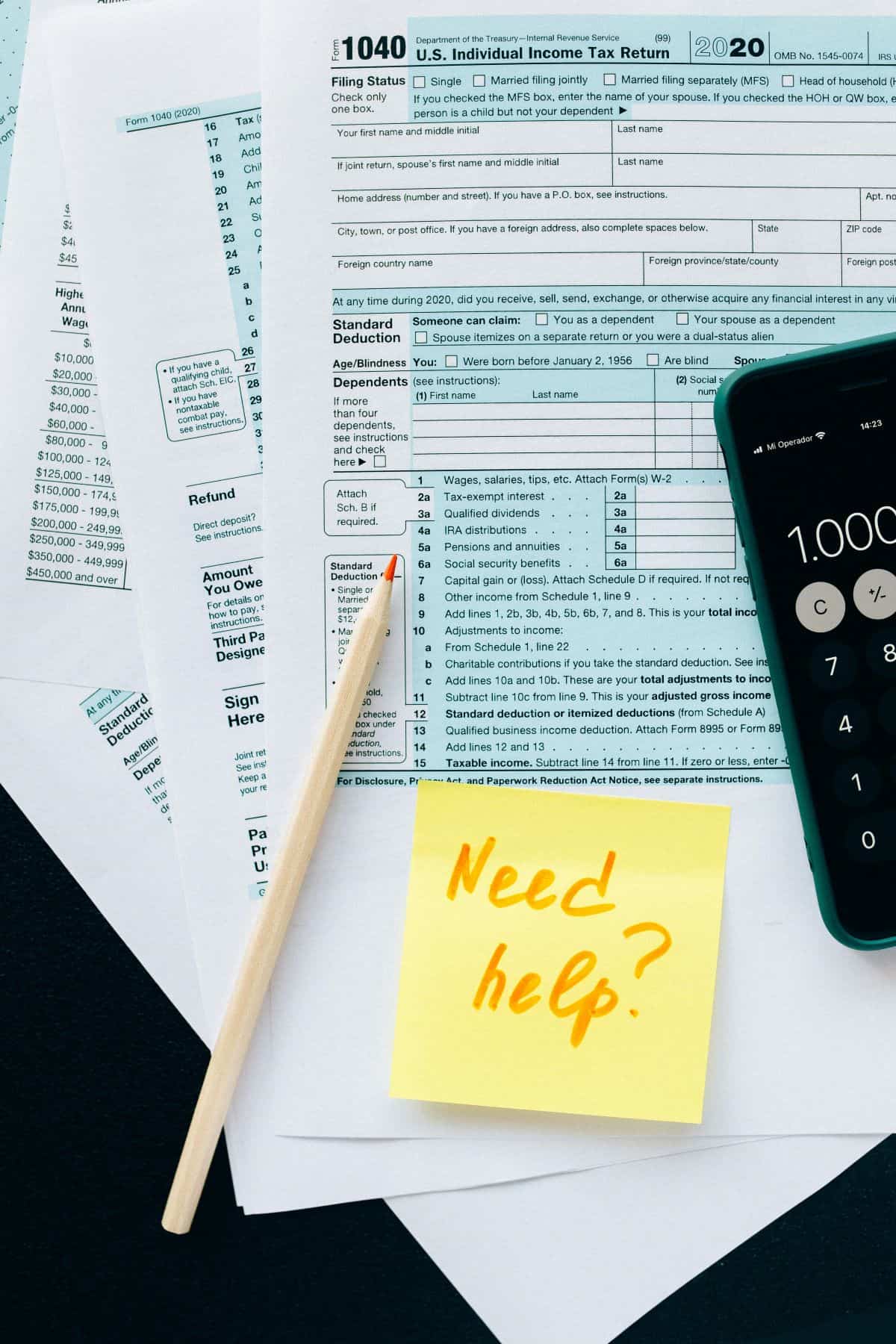Freelancing is becoming an increasingly common option for people looking for extra money as the gig economy expands, and entails different Tax Tips for Self Employed workers than traditionally employed people. Freelancing allows you to be more autonomous and adaptable, but it also comes with additional tax responsibilities. When it comes to paying taxes and maximizing their tax deductions, independent contractors face different obstacles than normal workers.

We'll discuss the many tax tactics, such deductions, that independent contractors can employ in this piece. We will also look at how they may benefit from resources like self-employment taxes, estimations of taxes, and the 1099 tax calculator.
Tax Tips for Self Employed Workers: Optimizing Deductions to Increase Savings
Improving Tax Reductions Is Not Always Simple.
Maximizing tax savings is one of the biggest issues independent contractors deal with. Freelancers are in charge of their own taxes, as opposed to employees, who have taxes deducted from their paychecks. They must thus take the initiative to search for credits and deductions that would lower their overall tax obligation.
Tax Savings: The Process of Deductions
A deduction is a freelancer's best friend when it comes to optimizing tax savings. Freelancers can reduce their tax responsibilities by deducting allowable business costs from their taxable income. But many independent contractors find it difficult to understand which costs are tax deductible and how to properly report them.

Average Savings for Independent Contractors
Freelancers have many options for lowering their tax obligations. Here are some instances of typical deductions:
1. Expenses for Home Office: If an independent contractor works from home, they may deduct a percentage of their rent, mortgage, utilities, and any other costs that are directly relevant to their company.
2. Business Supplies and Equipment: You are able to write off the expenses associated with purchasing computers, software, stationery, and other essential items.

3. Professional Services: One type of business expense that freelancers can write off is paying for the services of accountants, attorneys, and other professionals.
4. Health Insurance costs: Self-employed individuals are entitled to a tax deduction for their health insurance premiums.
5. Travel and Transportation Expenses: You may write off the cost of your hotel, meals, flights, and other related expenses when you travel for business.

How to Use the 1099 Tax Calculator
Freelancers can utilize tools like the 1099 taxes calculator to precisely assess their tax liability. This calculator factors in the freelancer's income, deductions, and other pertinent information to determine the anticipated tax liability. Freelancers may use this tool to make more informed plans and to better understand their tax responsibilities.
Levies Related to Employers
Independent contractors must additionally pay self-employment taxes in addition to income taxes. Social Security and Medicare taxes, which are frequently deducted from an employee's compensation, are included in self-employment taxes. Independent contractors have a larger tax burden since they are responsible for paying both their employer's and employee's share of taxes.
Before the Game, Estimated Taxes
In order to prevent fines and interest, freelancers must submit their projected yearly taxes on time. Estimated taxes are paid to the IRS on a quarterly basis, accounting for both the amount of taxes due and the freelancer's anticipated earnings. Freelancers may help themselves avoid unpleasant shocks during tax season by accurately forecasting their profits and reporting their projected taxes on time.

Ideas to Increase Tax Refunds
1. Keep Complete Records: Freelancers need to keep thorough records of their company costs in order to optimize their tax deductions. Bills, receipts, and other supporting documents are included in this section.
2. Multiple Credit Cards and Bank Accounts for Business and Personal Expenses: Independent contractors have to maintain multiple credit cards and bank accounts for both business and personal usage. This makes it simpler to keep track of and record deductible company costs.
3. Consult a Tax Professional for Advice: Tax professionals that specialize in self-employment are frequently a useful resource for freelancers. They might make sure independent contractors are utilizing all applicable credits and deductions and provide wise counsel.

It might be particularly difficult for freelancers to maximize their tax savings and file their taxes. Freelancers may simplify their tax situations by learning about self-employment taxes, keeping track of projected tax payments, using resources like the 1099 taxes calculator, and maximizing deductions. Freelancers may optimize their tax savings potential and concentrate on their area of expertise—freelancing—by utilizing these tactics and remaining up to date with tax rules and regulations.





Leave a Reply